
The Importance of Eye Dilation
Should You Get Your Eyes Dilated?
Regular eye examinations are essential for maintaining optimal eye health, and pupil dilation is a critical component of these exams. Dilation involves using special eye drops to widen the pupils, allowing eye care professionals to thoroughly examine the internal structures of the eye, such as the retina, optic nerve, and blood vessels. This process is vital for detecting various eye conditions, including glaucoma, diabetic retinopathy, macular degeneration, and retinal tears or detachments.
Why Is Eye Dilation Important?
Dilation enables a comprehensive assessment of eye health, facilitating the early detection of diseases that may not present noticeable symptoms initially. For instance, conditions like glaucoma and diabetic retinopathy can progress silently, and early detection through dilation can prevent significant vision loss. Additionally, dilation can enhance the accuracy of vision prescriptions by allowing doctors to measure refractive errors without interference from the eye's natural focusing ability.
What to Expect During Eye Dilation
The process of eye dilation is straightforward but may feel slightly unfamiliar if it’s your first time. Here’s a step-by-step overview of what typically happens:
-
Application of Eye Drops:
Your eye care professional will place special dilating drops into each eye. These drops work by relaxing the muscles in your iris (the colored part of your eye) and widening the pupil, which allows more light to enter. You may feel a slight stinging or tingling sensation for a few seconds, but it usually subsides quickly. -
Waiting Period:
After the drops are applied, you’ll need to wait for your pupils to dilate fully. This typically takes about 15 to 30 minutes, depending on the type of drops used and how your eyes respond. During this time, you may notice your vision becoming blurry, especially for close-up tasks, and your eyes may feel more sensitive to light. It’s a good opportunity to relax in the waiting room and let the drops do their job. -
Examination:
Once your pupils are fully dilated, the doctor will use specialized tools to thoroughly examine the internal structures of your eyes. Instruments like an ophthalmoscope or a slit lamp allow the doctor to get a clear view of your retina, optic nerve, and blood vessels. This examination is critical for detecting issues such as retinal tears, glaucoma, macular degeneration, or diabetic retinopathy. -
Duration of Effects:
The effects of dilation can last anywhere from 4 to 6 hours, although this can vary depending on your eye color (darker eyes may take longer for the drops to wear off) and the type of drops used. During this time, you may continue to experience blurred vision and heightened sensitivity to light.
By understanding what to expect, you can better prepare for the process and ensure a smooth experience. Don’t forget to bring a pair of sunglasses for your trip home and avoid any activities requiring sharp vision, such as reading or driving, until your pupils return to normal.
Is Eye Dilation Necessary for Everyone?
The necessity of dilation depends on individual factors such as age, overall health, and risk of eye diseases. The National Eye Institute recommends a dilated eye exam every one to two years for individuals aged 60 or older. People of certain ethnic backgrounds, such as Black and Hispanic individuals, are at increased risk of glaucoma and are advised to have a dilated eye exam every one to two years, starting at age 40. Individuals with a history of eye conditions or systemic diseases like diabetes may require more frequent dilated exams.
Considerations After Dilation
Post-exam, your eyes will be sensitive to light, and near vision may be blurred for several hours. Wearing sunglasses can help manage light sensitivity, and arranging transportation is advisable if you feel uncomfortable driving under these conditions.
Conclusion
Eye dilation is a crucial aspect of comprehensive eye exams, enabling early detection and management of potential eye conditions. Consult with your eye care professional to determine the appropriate frequency of dilated exams based on your specific health needs.
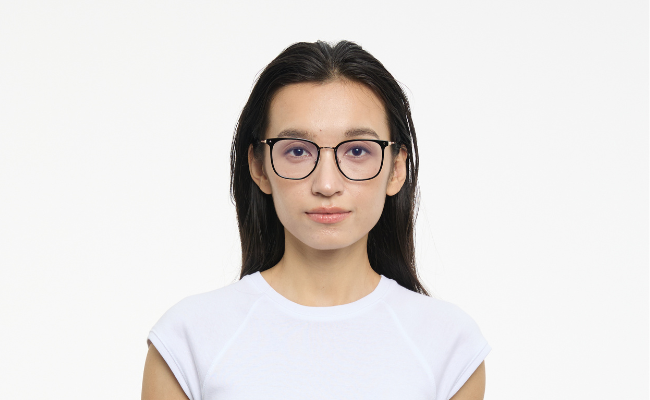



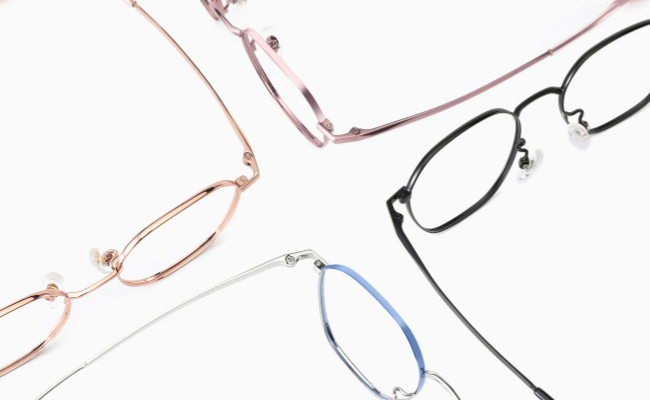
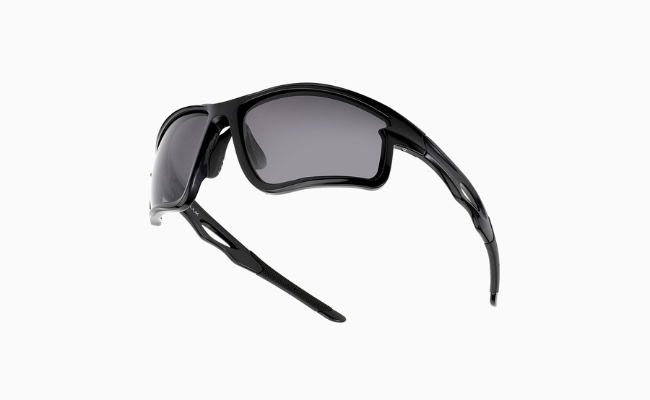
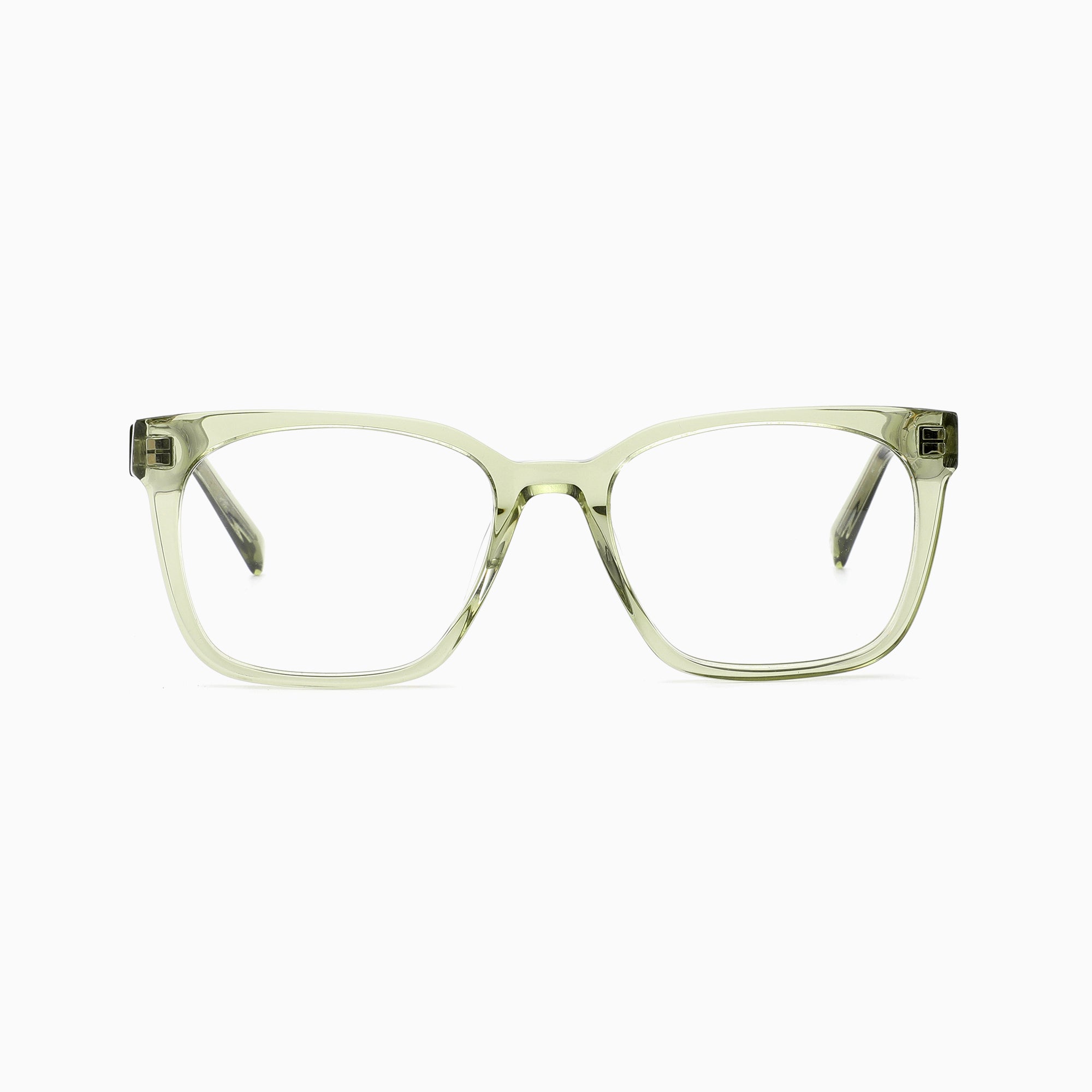
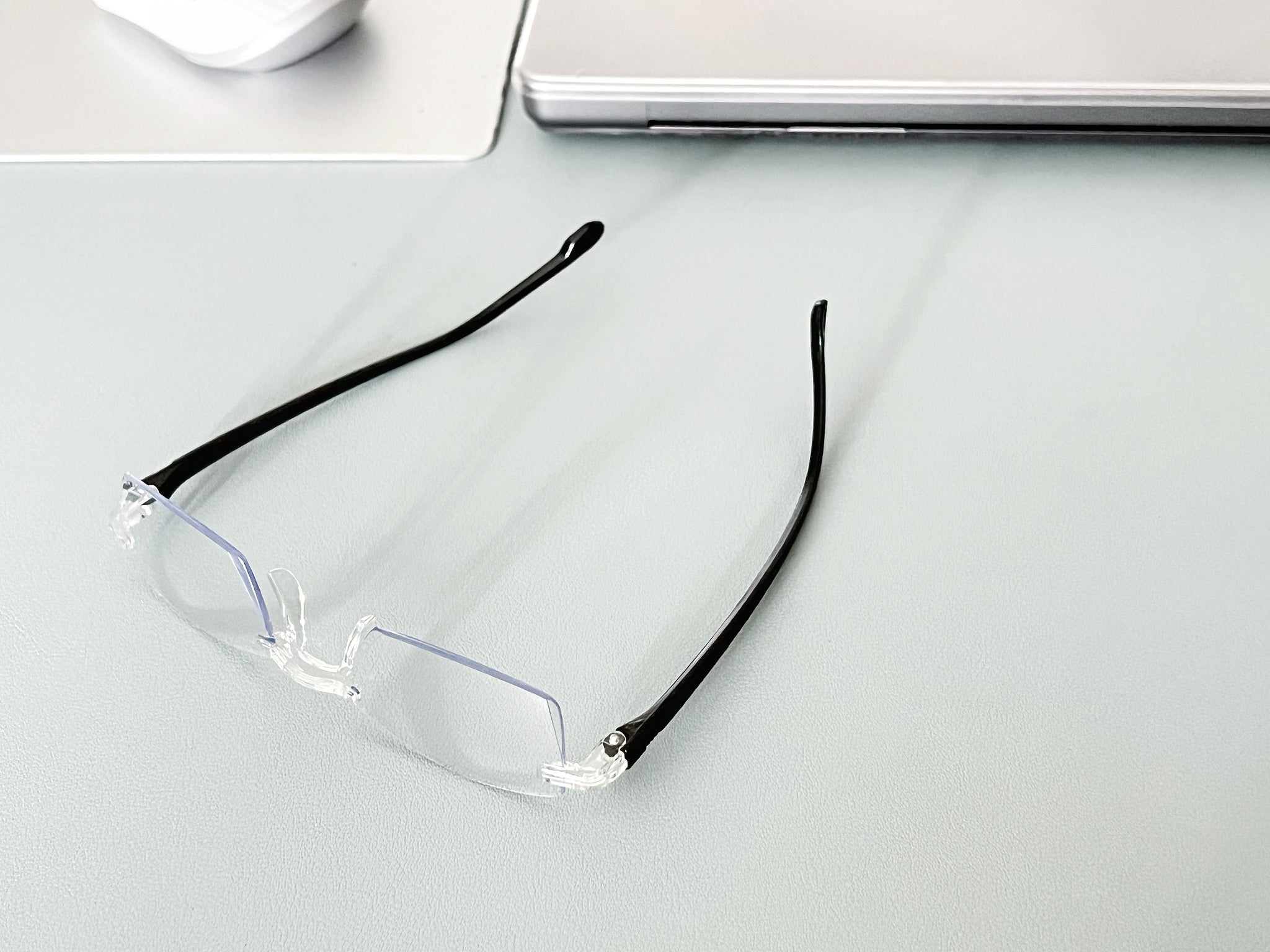
Leave a comment
This site is protected by hCaptcha and the hCaptcha Privacy Policy and Terms of Service apply.